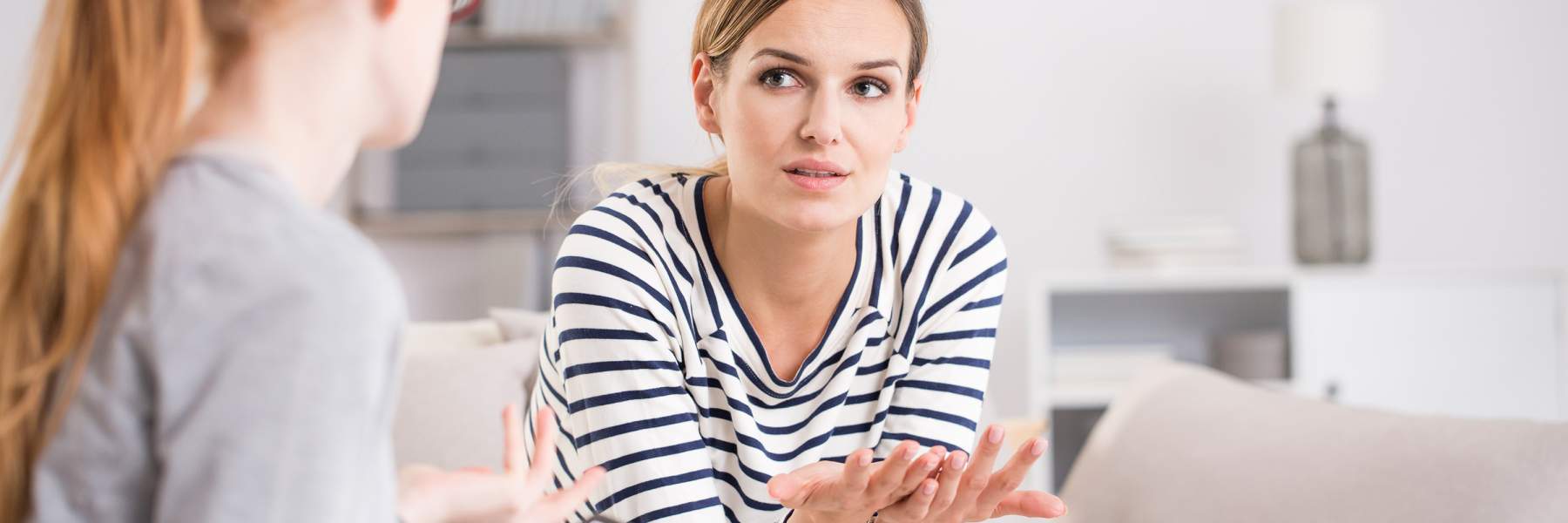From day one, my periods were unbearably painful. The pain was so severe it made me wonder, 'How do women have babies if this is what period pain feels like?' As a teenager, I was already eagerly counting down the years until menopause. For decades, I heard the same dismissive phrases: 'You just have a low pain threshold, take stronger painkillers' or 'Painful periods are normal, what you need to look at is your mental health.' But my experience was FAR from normal.
My first period was so severe that my Mum took me to a ‘gyno’. At 14, I was told I had an ovarian cyst and was sent away with ‘the pill’. The pill made me very sick, so I came off that pretty quickly.
The monthly onslaught of my cycle soon took its toll. My heavy periods required a lot of attention, finding excuses to leave class to go to the loo; mornings and afternoons spent in the school sick bay, days at home confined to bed unable to walk; vomiting and an abundance of painkillers, peppermint tea and hot water bottles.
I recall once being curled up on the bathroom floor at home, begging Mum to take me to the hospital. All you want is for the pain to go away as quickly as it came, quietly creeping up on you; taking you hostage, only to subside once the painkillers eventually kick in. I was having such trouble managing the pain that our family doctor prescribed me with super-strong painkiller suppositories. I recall, as a 15-year-old, wondering if any other students at my school had ever been prescribed such strong painkillers.
At 18, surgery for an orange-sized ovarian cyst came with the surgeon's report that I showed no signs of endometriosis. For years after, I'd tell doctors, ‘I can't have endo – a surgeon confirmed it.’

Through my 20s and 30s, I tried everything: the pill again (until migraines forced me to stop), naturopathy, meditation, yoga, massage and acupuncture - which all provided some relief.
Three weeks out of every month were difficult due to ovulation pain, severe fatigue, period pain, and post-period symptoms. I'd have about one good week monthly. I became militant about pain management, starting painkillers two days before each period. It took almost superhuman strength to get through most days.
Finally, at 39, a brilliant gynaecologist changed my world, saying, ‘Emma, a lot can change over 25 years.’ She diagnosed me with Stage IV endo, saying, ‘It's extremely bad – I'm not sure how you managed until now.’ I was completely floored. I cried for weeks after receiving the news, grieving the lost years spent doubled over in pain, desperately searching for answers. I realised how this insidious disease had infiltrated every aspect of my life, constricting my choices. I also breathed a huge sigh of relief, finally knowing what I was dealing with.
Keep strong! Diagnosis is key – it gives you the power to make decisions, guided by caring professionals.
 Skip to main content
Skip to main content